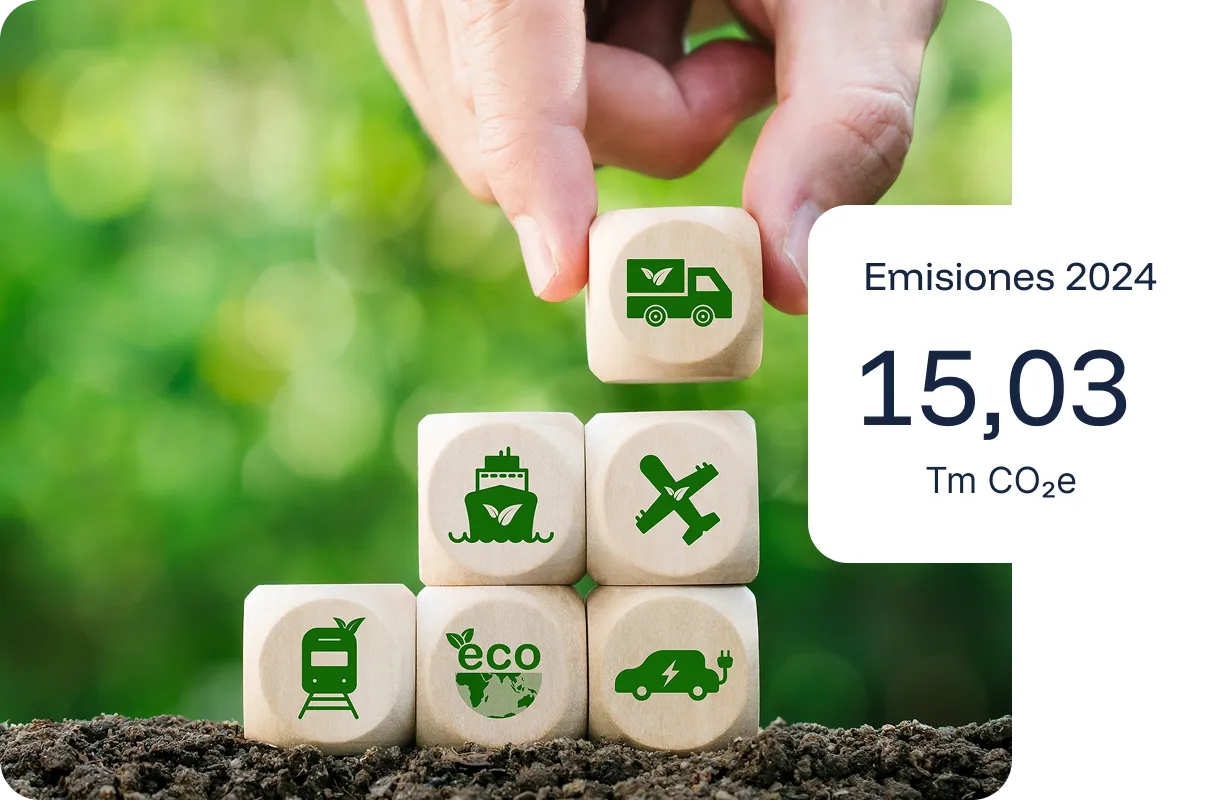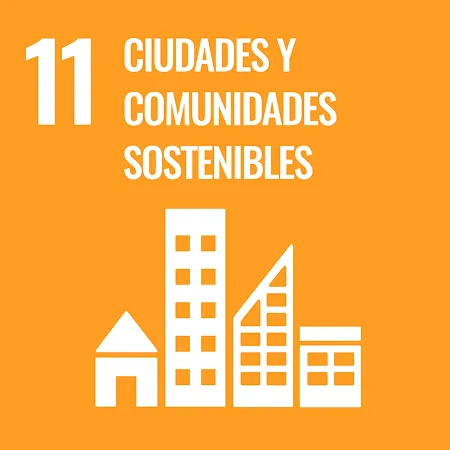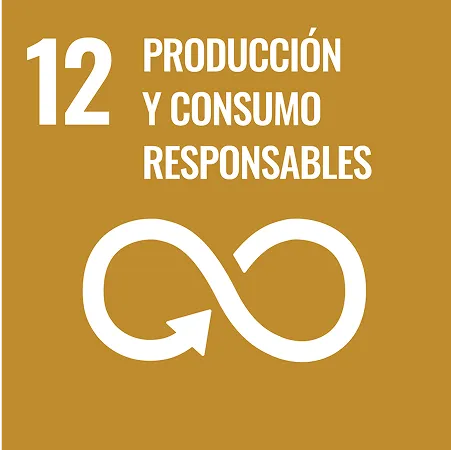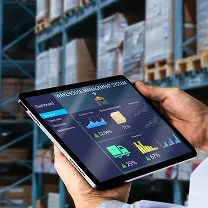Carbon Footprint Solution for Sustainable Logistics
Committed to Managing the Carbon Footprint in Logistics
Beyond creating practical solutions that empower our clients make informed decisions and transition to sustainable transportation, we believe that meaningful climate action begins with us.
We are actively working to reduce emissions in logistics by implementing measures that enhance energy efficiency across operations.
For us, it’s not just about compliance. It’s about transformation.

Our Carbon Footprint: Transparency and Action
We began by calculating our own logistics carbon footprint, verified by EQA. We are now registered in the National Carbon Footprint Registry of the Spanish Ministry for Ecological Transition and Demographic Challenge.
We will begin offsetting our logistics emissions as soon as possible to obtain the official seal from the Ministry.
Our corporate emissions in 2024 were 15.03 tons of CO₂e. As part of our logistics sustainability strategy, we aim to reduce this by over 18% in 2025.

Why Carbon Manager Was Created
Innovation for Sustainable Logistics
After more than 10 years working with major logistics operators, we identified key inefficiencies in business and the environment.
Carbon Manager was born as a real solution for logistics optimization and emission reduction, actively contributing to more sustainable logistics.

Reduce CO₂ Emissions in Transportation and Optimize Your Operations
Carbon Manager supports carbon footprint management in logistics through detailed and verified emissions calculations, aligned with standards such as ISO 14083 and the GLEC Framework. It also promotes environmentally friendly logistics optimization.
It consists of two complementary services:
We measure actual transport emissions per shipment, with disaggregated, traceable, and verifiable data to support regulatory compliance regarding transport emissions.
We calculate the success probability of delivery by time window, improving routing and reducing failed delivery attempts. This enables progress toward a zero-emission last mile.
The Impact of Logistics on Emissions
- Logistics accounts for 20% to 25% of urban transport emissions. (Source: EU Urban Logistics Review, 2023)
- A failed delivery attempt can generate 0.3 to 1 kg of additional CO₂ per shipment
(Source: IMPACT – Last-Mile Delivery Emissions Report, 2021) - Reducing your carbon footprint is not just about image—it’s a strategic move toward greater efficiency, regulatory compliance, and long-term competitive advantage.

Regulations and Legislation on Logistics Emissions
A New Regulatory Framework for Low-Carbon Transportation
Logistics companies are increasingly subject to environmental requirements. Key regulations on CO₂ emissions in logistics include:
Royal Decree 214/2025
Establishes the national methodology for calculating transport emissions and lays the groundwork for shipment-based labeling
Sustainable Mobility Law
Promotes an efficient, low-carbon transportation system, including measures for goods and emission-free last mile delivery.
Spain Circular 2030
Includes emission reduction targets for logistics and improved energy efficiency measures.
Directive (EU) 2022/2464 (CSRD)
Requires large companies to report all emissions, including those from outsourced transport emissions (Scope 3)
Fit for 55
The EU’s action plan to reduce emissions by 55% by 2030, directly impacting the logistics sector.
ISO 14083 and the GLEC Framework are the international standards for calculating logistics emissions in a comparable and verifiable way.
Carbon Manager is fully aligned with leading national and EU regulations—such as the Sustainable Mobility Law and Royal Decree 214/2025—to support responsible, sustainable logistics operations.
Our Experience in Sustainable Logistics
Experience You Can Trust
For over a decade, we’ve helped companies implement technological solutions for logistics optimization, energy efficiency, and reducing their environmental footprint.
Today, we work with some of the country’s leading logistics companies, delivering traceability, accuracy, and regulatory compliance in transport-related carbon footprint calculation.

Deliverea’s Sustainability Initiatives Align with the United Nations Sustainable Development Goals.
Our internal climate action initiatives and the tools we’ve developed to calculate and reduce logistics emissions directly contribute to the following goals:



We have also strengthened our commitment by joining major national climate action initiatives:










